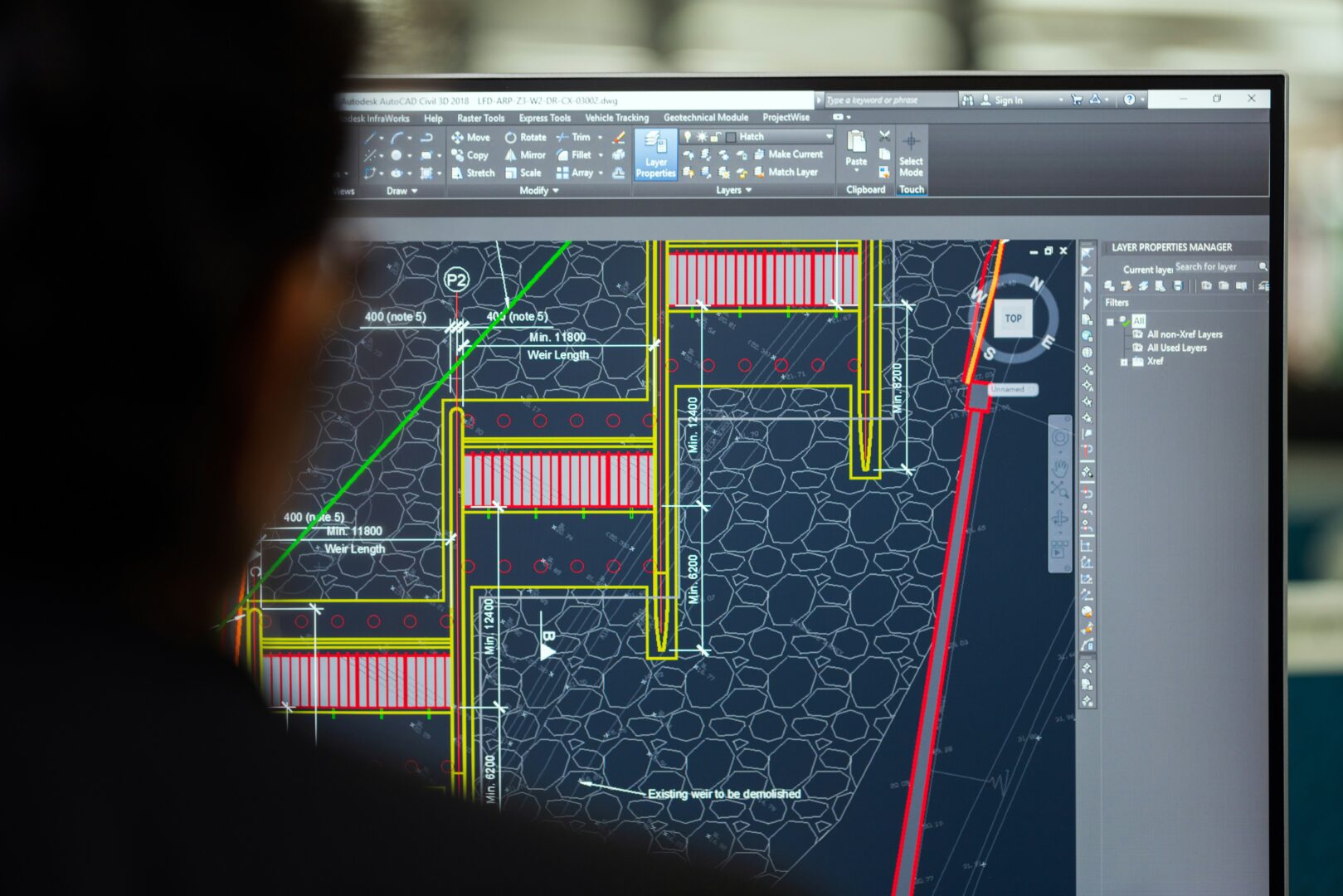In today’s business landscape, customer relationship management (CRM) software is a vital tool for companies of all sizes. Whether it’s used to enhance customer interactions, streamline sales processes or analyse consumer behaviour – or all of the above – CRMs are invaluable for maintaining a competitive edge.
But, simply investing in sophisticated CRM software is not enough. Without proper employee training, even the most advanced CRM system can be a waste of both time and money. Training employees to use CRM software effectively is an essential part of maximising its potential, improving organisational efficiency and ultimately, driving business growth.
Why Does CRM Software Matter?
At its core, CRM software serves as the backbone of customer interaction management. It allows businesses to organise customer data, track interactions and forecast sales opportunities.
With features like task automation, personalised communication and data analytics, CRM systems have the potential to transform your business operations. But, these benefits can only be realised if employees understand how to use the platform efficiently.
Untrained staff may find CRM tools confusing or overwhelming, leading to mistakes, inefficiencies and missed opportunities. Poorly implemented CRMs can even create bottlenecks, turning what should be a streamlined process into a source of frustration.
So proper training isn’t just about making sure you’re getting the most productivity as possible out of the software – it’s also about preventing it from becoming a hindrance to business operations.
Enhancing Productivity with CRM Software
Proper training equips employees with the skills that they need to navigate the CRM interface confidently. When staff understand how to use the software, they can access customer data more quickly, respond to enquiries promptly and focus on tasks that truly matter.
For instance, instead of spending hours inputting data manually, a trained employee can use automation features to save time and reduce errors.
In addition, CRM training encourages consistent use across the team. Without training, different employees may develop their own methods for inputting and retrieving information, which can result in fragmented or incomplete data. A well-trained team, however, will follow standardised procedures, ensuring that data is accurate, up-to-date and easy to interpret across the board.
More from Guides
- Who Is Responsible For Managing HR Software?
- 7 Game-Changers Making Life Admin Effortless
- Why Startups Are Choosing VoIP Over Mobile Plans
- Which Countries Have Non-Domicile Regimes?
- Top Alternatives To LastPass
- What Is an Indie Hacker?
- Starting a Business in Azerbaijan
- Top Alternatives To Wise For Payments
Strengthening Customer Relationships
A CRM system is only as good as the information entered into it. Employees who are trained to log customer interactions and preferences accurately are better equipped to provide personalised service.
For instance, knowing a client’s purchase history or preferred communication method can make interactions smoother and more engaging, and customers are far more likely to have a good experience with you.
Training also empowers staff to leverage the full functionality of the CRM, such as setting reminders for follow-ups or identifying cross-selling opportunities. By improving communication and responsiveness, businesses can foster stronger, long-lasting relationships with their customers.
Driving Sales and Revenue
One of the primary purposes of a CRM system is to support the sales process. Proper training ensures that sales teams can use the software to track leads, manage pipelines and close deals effectively.
Many CRM platforms include tools for analysing sales data, predicting trends, and identifying areas for improvement. Employees who know how to use these tools can make data-driven decisions that positively impact the company’s bottom line.
Furthermore, training often leads to increased employee confidence. When staff feel competent using the CRM system, they are more likely to adopt it enthusiastically across the board, leading to higher engagement and better results. This, in turn, can improve team morale and encourage a collaborative approach to achieving sales goals.
Reducing Resistance to Change
Introducing a new CRM system can sometimes be met with resistance, particularly if employees feel intimidated by the technology or unsure of its benefits. Comprehensive training can help alleviate these concerns. When staff understand how the software will make their jobs easier and improve outcomes, they are more likely to embrace the change.
Training sessions also provide an opportunity for employees to ask questions, voice concerns and gain hands-on experience. This can be a great way to ease the transition and ensure that the CRM becomes an integral part of the workflow, rather than an afterthought.
Long-Term Benefits of Properly Using CRM Systems
Investing in employee training on CRM software is not a one-time expense but an investment in the company’s future. As employees become more proficient in using the software, they contribute to a more organised, efficient and customer-focused business.
In addition, trained staff can adapt more easily to updates or new features, ensuring that the organisation continues to make the most of its CRM system over time.

